Influence Upon Science Fiction
"During every decade of his life in America, Gernsback wrote Science Fiction, wrote about Science Fiction, and published Science Fiction." --Gary Westfahl
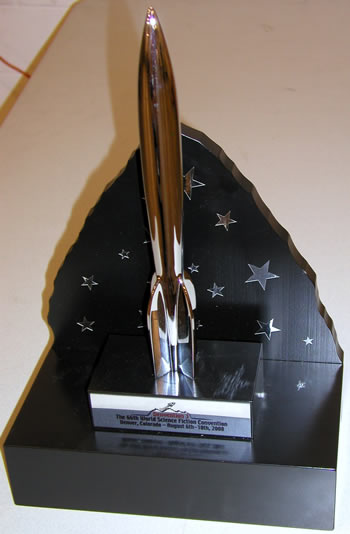
The 2008 Hugo Award
Though Science Fiction existed before the influence of Hugo Gernsback, the works of Jules Verne and H.G. Wells had already been published widely around the world, Gernsback gave Science Fiction its name, its first magazine, its recognition as a facet of pop culture and as a distinct literary genre, its first fan organization, and was one of Science Fiction's first important critics.
"Science Fiction"
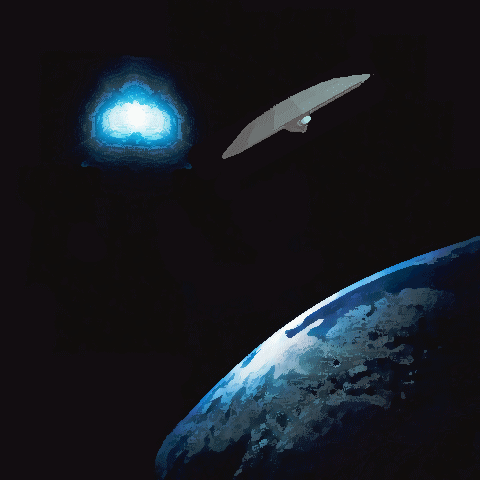
The most popular term for Science Fiction in Gernsback's day was Romantic Fiction, but he first called it scientification, which he defined as "a charming romance intermingled with scientific fact and prophetic vision." This term did not gain significant popularity, and he eventually re-coined the term Science Fiction, which was first used in 1851 in William Wilson's A Little Earnest Book upon a Great Old Subject, in his magazine, "Amazing Stories," (1929).
"Amazing Stories"
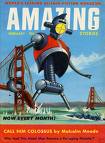
There were other magazines in the early 1900s, that, like Gernsback's "Science and Invention", carried a share of Science Fiction. These magazines included "The Popular Magazine", "Adventure", and "Argosy," but Gernsback's "Amazing Stories" was the first magazine devoted entirely to science oriented fiction stories. The instant success of the magazine showed the desire for this type of fiction within the general public, and created a venue for aspiring and established authors. Further, the stories in Amazing inspired in fans and future writers a love of Science Fiction.
Genre
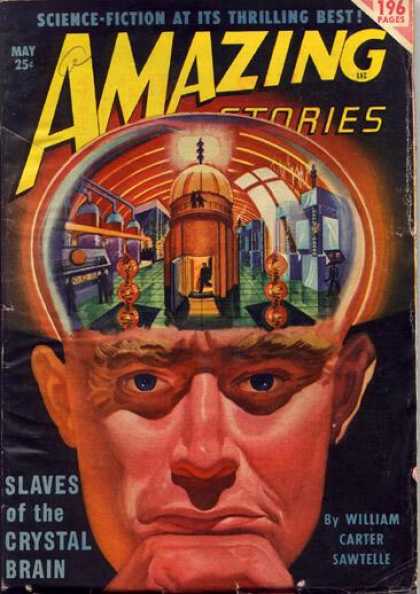
With a distinct name and exclusive magazine, Science Fiction began to be recognized not only as an integral part of pop culture, but a distinct and worthy literary genre. Gernsback accomplished this by defining the elements, functions, and audiences of Science Fiction.
He wanted the elements of a charming romance, the story, scientific fact, the incorporation of modern science into the story, and prophetic vision, the descriptions of potential discoveries or inventions. These elements were intended to function as entertainment, education, and inspiration to audiences composed of the general public for the first function, youth for the second, and scientists and inventors for the third.
By establishing standards for the genre, and therefore isolating Science Fiction from other romantic literature, Gernsback forced the public to view it as a distinct entity. Further, these standards eventually helped give legitimacy to a segment of fiction often dismissed by academia.
International Science Fiction League
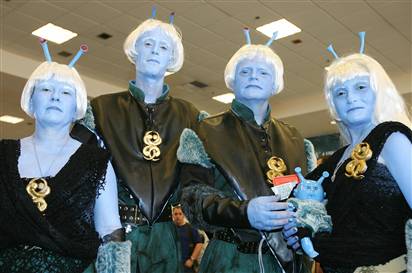
Gernsback contributed to the formation of the first Science Fiction fan clubs both indirectly and directly. "Amazing Stories" had a letter column, "Discussions," which was an opinion forum for readers to discuss happenings in both science and Science Fiction. Gernsback published the addresses of contributors, which encouraged fans to contact one another and led indirectly to the rise of fan organizations, which are the backbone of Science Fiction today.
Through the "Discussions" forum, fans urged Gernsback to coordinate a club as early as 1928, but, most likely because of the time constraints, he encouraged the most avid fans to take charge. Walter Dennis and Raymond A. Palmer named the Science Corresponding Club, and it was executed by Dennis, Sidney Gerson, and Paul McDermott. This club was the beginning of organized fandom, and though it began with a scientific bent, soon gravitated towards discussion of Science Fiction. Six years later, Gernsback had the time, and the monetary motivation to create the International Science Fiction League with the help of staff member Charles Hornig.
Criticism
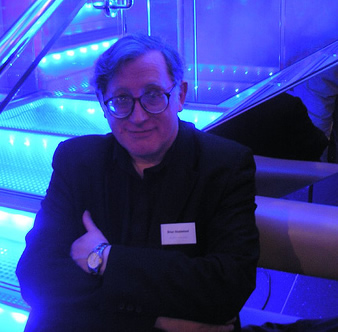
Brian Stableford
Some critics, most notably Brian Stableford and John Clute, disavow Gernsback's position as a father of Science Fiction. They argue that inevitably another magazine devoted to Science Fiction would have been published, he did not in fact nurture young writers, and that he was only involved in the genre until 1933 when he lost control of his last Science Fiction magazines.
It is true that another magazine likely would have been created, but Gernsback was first and therefore defined, through extensive communication with his readers, the nature and purpose of Science Fiction and provided the template for future magazines. During his most direct period of influence, 1926-1936, Gernsback launched six Science Fiction magazines, wrote dozens of editorials, and created one of the largest Science Fiction fan clubs. In the final section under Passion are several of the numerous authors who pay homage to Gernsback, disproving Clute and Stableford's contention that Gernsback lacked influence. After this period, he continued to write his own fiction, including Ultimate World, and extensively revised previous works for second publications. He contributed numerous guest editorials to Science Fiction magazines as well. In 1940 he published several issues of "Superworld Comics," a Science Fiction comic book.
Thus, however fleeting his prominent influence, his work and impact during that time was incredible, and his contributions to the genre did not cease with his loss of control over the magazines.
Passion
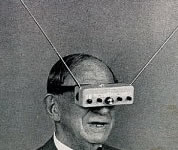
He translated his immense passion for Science Fiction into resources for fellow enthusiasts, and in doing so, transformed the very nature of Science Fiction. Perhaps the most important influence Gernsback had on the genre was, through his Science Fiction magazines, the creation of a forum for fans, current and future writers, inventors, and scientists.
Science Fiction giants such as John W. Campbell Jr., A. E. vanVogt, Robert A. Heinlein, Clifford D. Simak, Robert Bloch, and Arthur C. Clarke all cite the influence of "Amazing Stories" upon their growth in the genre of Science Fiction. This publication also spawned the competing magazine, "Astounding Stories of Super Science," which eventually became the premier Science Fiction publication. Without the determination and innovation of Gernsback, Science Fiction may never have become the powerful literary genre it is today.